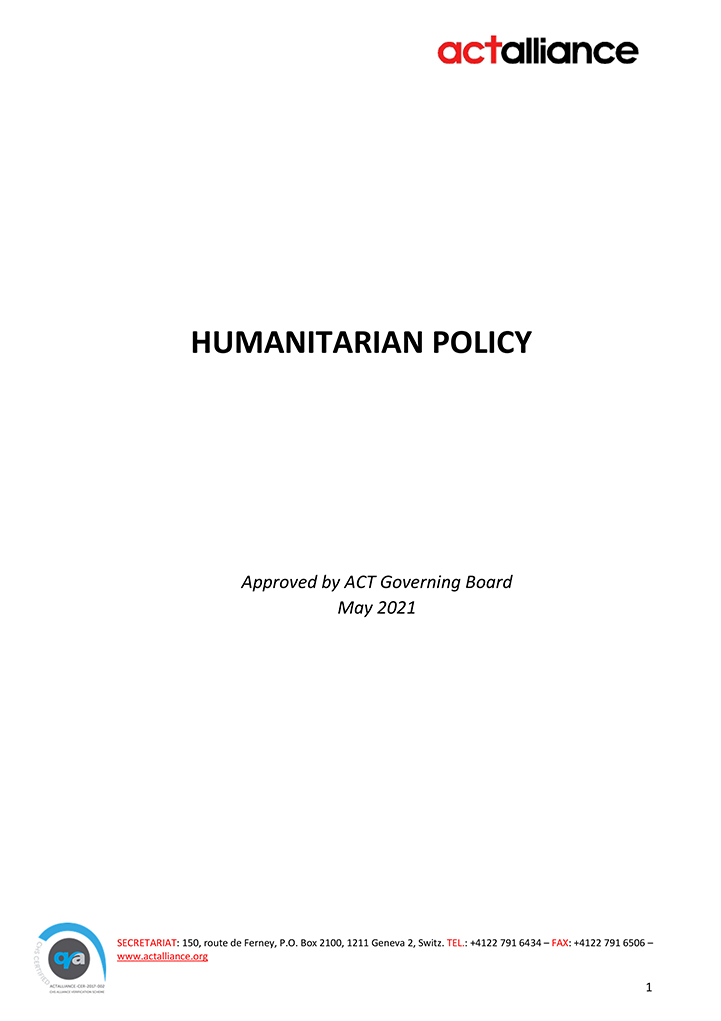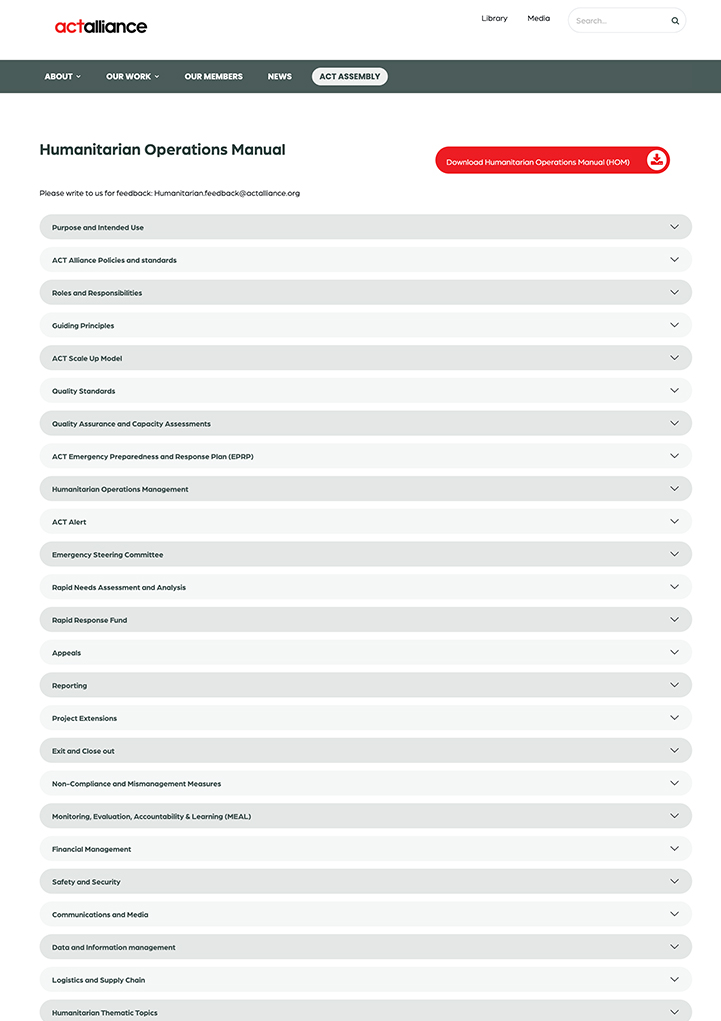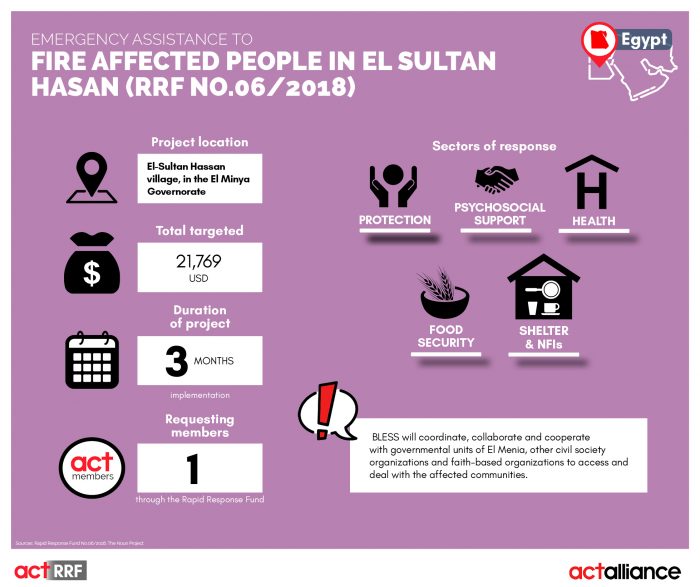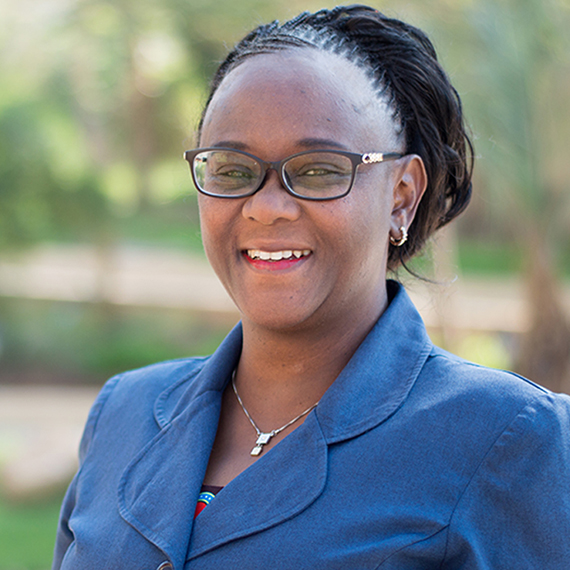On 23 October 2017, the Permanent Contingency Commission (COPECO) declared a green alert in five of the country’s departments: Cortés, Yoro, Atlántida, Islas de La Bahía and Colón; the alert was declared in response to the arrival of the first cold front of the season, which brought heavy rains and prompted COPECO to raise the alert level for the departments of Islas de la Bahía, Cortés, Atlántida and Colón at 5:00 pm on 24 October. That same day, the government declared a state of emergency due to the presence of the weather system in the departments of Cortés, Atlántida, Yoro, Colón, Islas de la Bahía and Gracias a Dios. The weather system brought heavy rainfall, which caused rivers and gorges to flood. As of 29 October 2017, a red alert was in effect for the departments Gracias a Dios, Yoro, Islas de la Bahía, Cortés, Atlántida and Colón, while a yellow alert was in place for departments Olancho, Santa Bárbara and Francisco Morazán and a green alert for the departments of Copán, Comayagua, La Paz, Valle, Choluteca, Lempira, Ocotepeque, Intibucá and El Paraíso. According to official data provided by COPECO, the flooding has had the following impact on Honduras:• 10,564 affected households• 50,770 affected persons• 4876 evacuated households (24,691 persons)• 25 persons rescued• 1799 households in temporary shelters (9351 persons)• 5012 damaged houses• 13 totally destroyed houses.Additionally, Tropical Depression Selma formed in the Pacific at the same time as a tropical disturbance in the Atlantic according to COPECO’s National Centre of Atmospheric, Oceanographic and Seismic Studies, producing moderate to strong rains, especially in the country’s south central and western parts.Given the level of damages, the ACT Forum from Honduras through its local member CASM (Mennonite Commission for Social Action) is planning on submitting a funding proposal to provide Food aid to affected households in the Department of Cortes, Honduras. Alerts_Honduras_Floods












